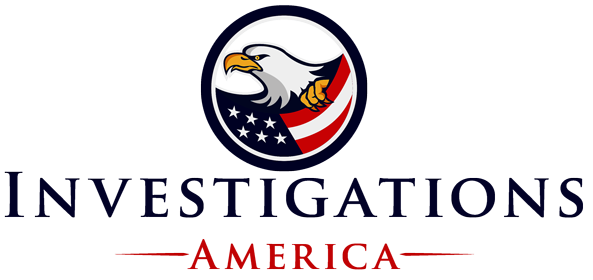What Can (and Can’t) a Background Check Reveal?
What Does a Background Check Show?
A background check can reveal different types of information depending on who is conducting it (e.g., an employer vs. a landlord) and what kind of screening is being performed. Commonly, it may include:
1. Identity Verification
Before anything else, background checks confirm your identity — including your full legal name, Social Security number (SSN), and past addresses. This step ensures that records pulled belong to the correct person.
2. Criminal History
Most people associate background checks with criminal records. Depending on state and federal laws, these can show:
-
Felony and misdemeanor convictions
-
Pending charges
-
Arrest records (in some jurisdictions)
-
Warrants or sex offender registry entries
However, not all states allow employers or landlords to consider older or dismissed cases. In many cases, sealed, expunged, or juvenile records will not appear.
3. Employment Verification
Employers often verify your work history, checking for accurate job titles, dates of employment, and reasons for leaving. Some may contact past supervisors to confirm your performance or role.
4. Education Verification
If you’ve claimed a degree or certification, a background check can confirm it. This helps employers ensure that credentials listed on a résumé are legitimate.
5. Credit History
For positions involving financial responsibility, a background check may include a credit report. It can show credit accounts, payment history, outstanding debts, and bankruptcies. However, it does not show your credit score.
6. Driving Record
For jobs requiring a company vehicle or commercial driving, your motor vehicle report may be checked. This shows violations, suspensions, or DUIs, typically going back three to seven years.
What Background Checks Can’t Show
There are clear limits to what information can legally be disclosed. Background checks typically do not show:
-
Medical records or health history
-
Social media activity (unless specifically reviewed with consent)
-
Political or religious affiliations
-
Bank account information
-
Sealed or expunged criminal records
-
Minor traffic infractions (for non-driving roles)
Additionally, under the Fair Credit Reporting Act (FCRA), you must provide written consent before a third-party agency conducts a background check — and you have the right to dispute inaccurate findings.
How Far Back Do Background Checks Go?
One of the most frequently asked questions is how far back do background checks go? The answer depends on the type of record and where you live.
Criminal Records
In most cases, background checks go back seven years for criminal convictions, following FCRA guidelines. However, some states allow longer look-back periods — and certain positions (such as federal or law enforcement jobs) may review your entire record.
Employment and Education
Verification checks can go back as far as your employment or education history exists. Employers often review the last 7–10 years of experience relevant to the role.
Credit Reports
Under FCRA, bankruptcies can appear for up to 10 years, while most other credit information remains for seven years.
Driving Records
Motor vehicle reports typically cover the last three to seven years, though commercial licenses may be reviewed for longer durations.
Why Background Check Rules Vary
Background check laws differ from state to state. For instance, California’s “seven-year rule” limits reporting of certain criminal records, while other states have no such restriction. Federal guidelines like the FCRA set minimum standards, but local laws often determine what information employers can legally use in hiring decisions.
